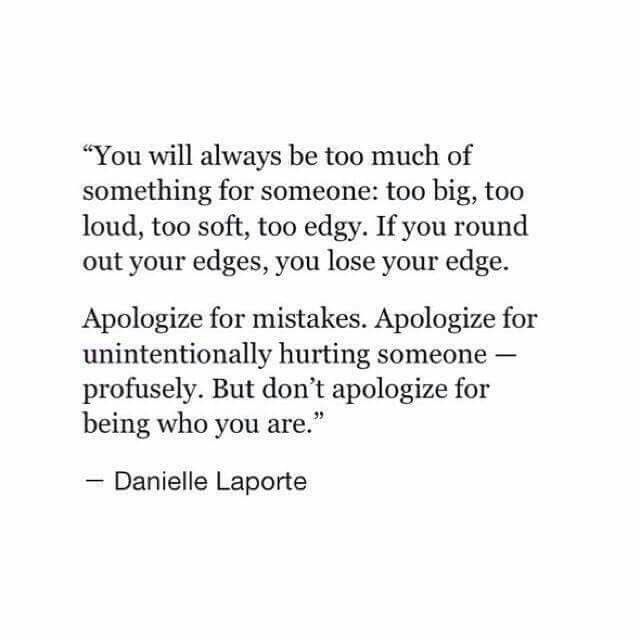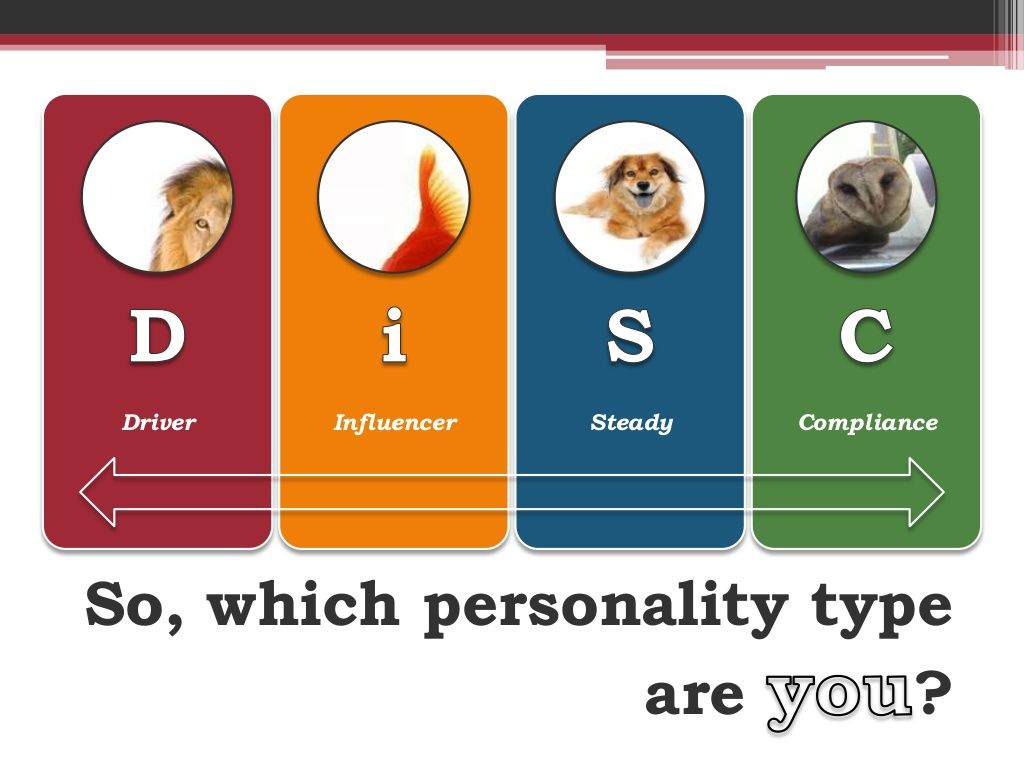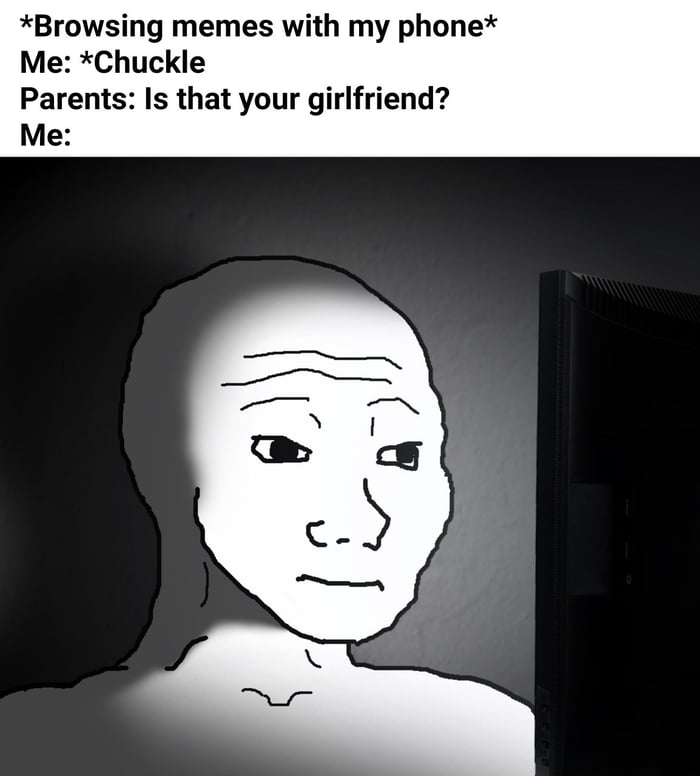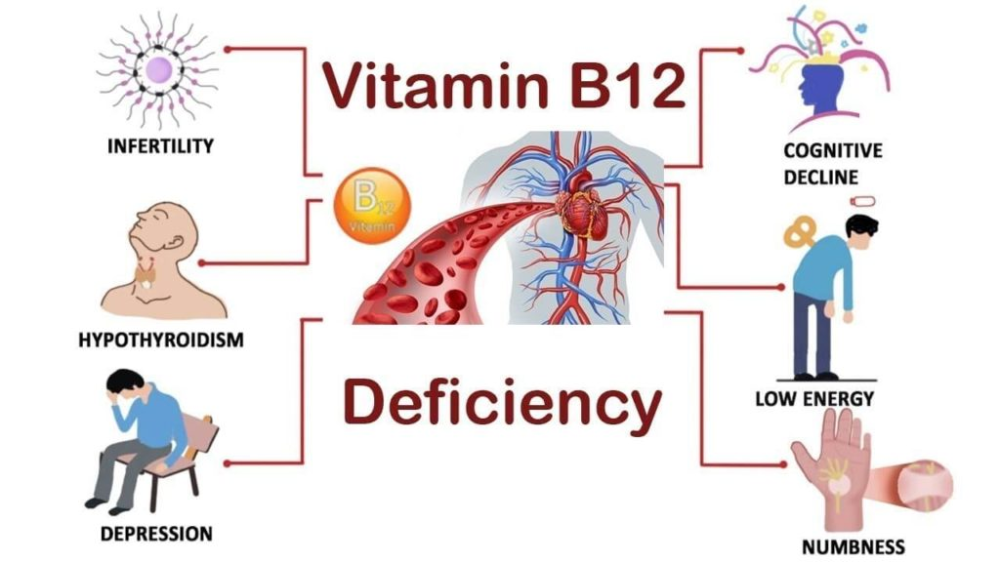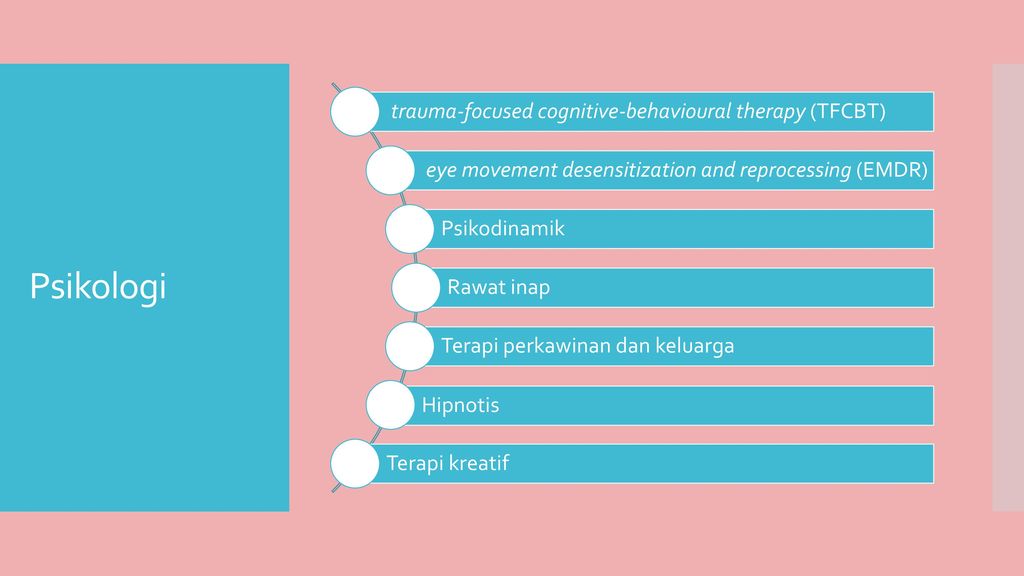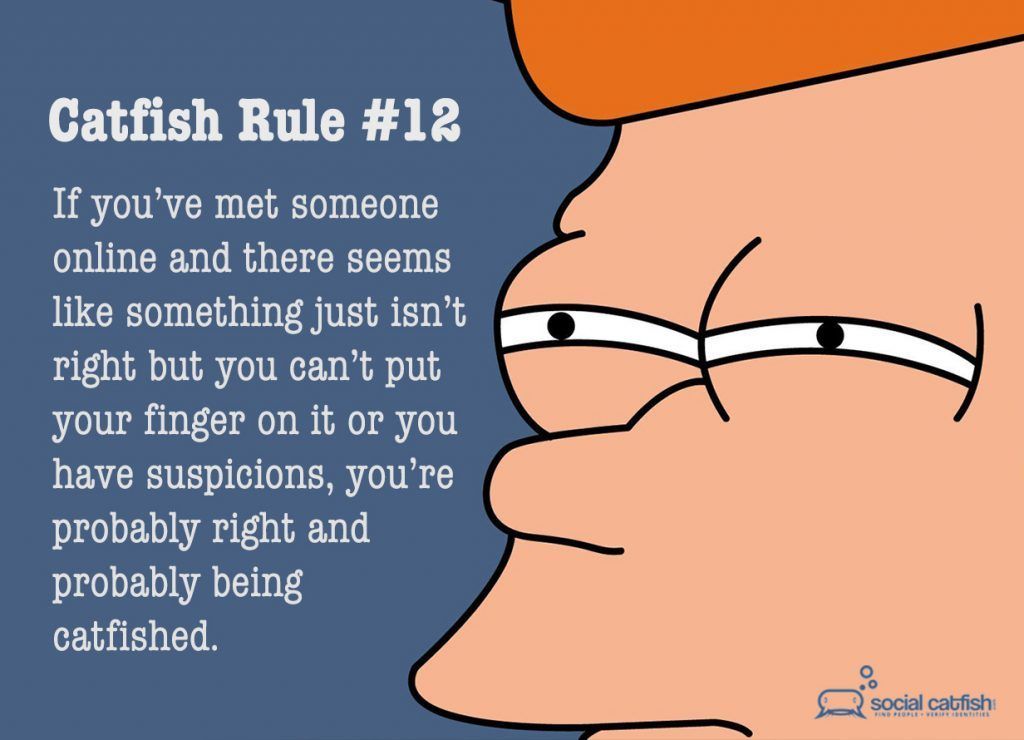Don t apologize
Stop saying 'I'm sorry'—science says it makes people think less of you
Saying "I'm sorry," especially when you're not at fault, is an automatic reaction — and chances are you've probably said it a handful of times this week.
According to a 2015 poll from research firm YouGov, there are approximately 15 British "sorries" for every 10 American ones (for situations like if they sneezed, stood in someone's way or corrected someone who is wrong).
The survey, which polled 1,600 British people and 1,000 Americans, showed a few similarities: 73% of British people would apologize for interrupting someone, compared to the 71% of Americans. And when doing a favor for someone but getting it wrong, 60% of British people said they'd apologize, compared to the 58% of Americans.
Why (and when) you shouldn't say 'I'm sorry'
Over-apologizing for things you have little control over can make people think less of you.
A few examples of things you don't need to apologize for include sneezing, standing in someone's way (but you're both in a crowded space with little room to move), getting bumped into by someone else, being interrupted and so on. The list is endless.
Here's how it could backfire:
1. People lose respect for you.
In her book, "The Power of an Apology," psychotherapist Beverly Engel says over-apologizing isn't so different from over-complimenting: You may think you're displaying yourself as a nice and caring person, but you're actually sending the message that you lack confidence and are ineffectual.
"It can even give a certain kind of person permission to treat you poorly, or even abuse you," warns Engel.
2. It lessens the impact of future apologies.
Don't cry wolf. If you say "I'm sorry" for every little thing now, your apologies will carry less weight later on — for situations that really warrant a sincere apology.
3. It's annoying.
We've all been around someone who constantly apologizes. We understand they're only trying to be nice, but it can often feel exhausting and irritating at the same time.
A study published in the journal Frontiers of Psychology even found that saying "I'm sorry" when intentionally rejecting someone (i.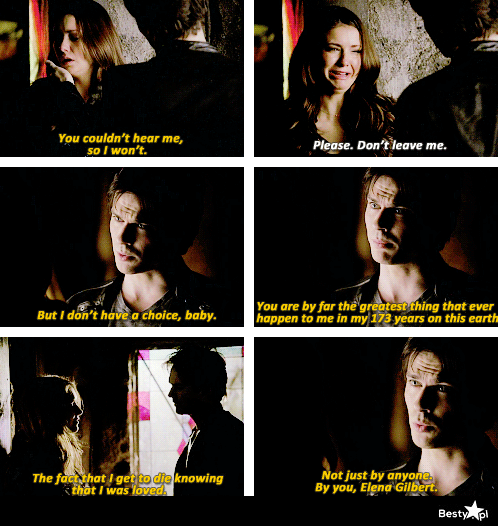 e., cancelling plans, breaking up with someone) could cause the other person to "feel worse, or that they have to forgive the rejecter before they are ready," says Gili Freedman, one of the study's authors.
e., cancelling plans, breaking up with someone) could cause the other person to "feel worse, or that they have to forgive the rejecter before they are ready," says Gili Freedman, one of the study's authors.
4. It can lower your self-esteem.
Choosing not to apologize may have psychological benefits, according to a study published in The European Journal of Social Psychology. Researchers found that participants who refused to express remorse showed signs of "greater self-esteem, increased feelings of power (or control) and integrity."
Monitoring your apologies
If you want to start apologizing less frequently, it will simply take lots of effort and practice. Here are a few ways to do it:
1. Be more self-aware.
The first step here is to assess your own behaviors and tendencies. Are you really someone who apologizes way too much? Knowing so will help you to carefully observe a situation before immediately blurting our the words "I'm sorry.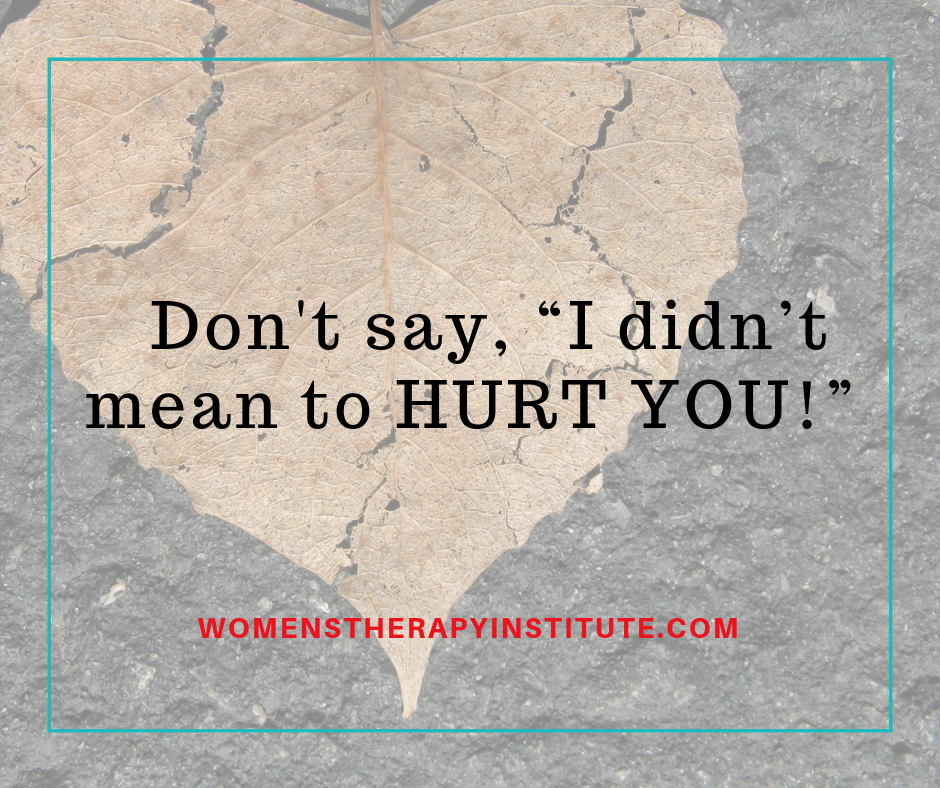 "
"
It may also help to keep a tally of how many times you apologize in a day and for what reasons.
2. Know what you should (and shouldn't) apologize for.
If you couldn't control the situation or it was a trivial (and honest) mistake, there's no need to apologize. But if you were really at fault, own up to it. Admitting you're wrong is never easy, but it can strengthen your relationships and show that have emotional intelligence.
3. Flip the script.
Flipping the script takes self-discipline, but over time, it'll begin to feel natural. If a colleague catches a spelling error in one of your emails, say, "Thank you for catching that." If you're in a crowded room and someone is impatiently trying to push their way through, say, "Here, let me get out of your way."
4. Get comfortable with saying "no."
Saying "no" can be awkward and uncomfortable for some, but it can be a very effective way to protect your time. If you're swamped at work and a colleague asks for help, you don't need to be sorry for not chipping in. If you can't make it to happy hour because you made plans prior to knowing, say, "I can't make it. Maybe next time!"
If you're swamped at work and a colleague asks for help, you don't need to be sorry for not chipping in. If you can't make it to happy hour because you made plans prior to knowing, say, "I can't make it. Maybe next time!"
Whatever you say, be transparent. There's no need to go out of your way simply because you felt bad.
5. Download Google Chrome's Just Not Sorry plugin.
As you're composing an email, the Just Not Sorry plugin will notify you each time you use a word or phrase that undermine your message (i.e., "I'm sorry," "I'm no expert, but..."). You can also hover your mouse over the underlined words for a bite-sized explanation of how they might make people think less of you.
Saying 'sorry' isn't always bad
There are some circumstances in which a sincere apology can be beneficial.
As Juliana Breines, a professor of behavioral science at the University of Rhode Island, explained in a Psychology Today column, some types of apologies can encourage forgiveness, repair relationships and dissolve hostility. But they aren't easy to come by and require more than just saying "I'm sorry": the person apologizing must go the extra mile and express genuine remorse or offer to make amends.
But they aren't easy to come by and require more than just saying "I'm sorry": the person apologizing must go the extra mile and express genuine remorse or offer to make amends.
"We are well-equipped with psychological defenses and self-serving biases to protect us from facing the possibility that we messed up. And it can be scary to make oneself vulnerable to the possibility of rejection — since an apology, no matter how heartfelt, does not always elicit forgiveness," Breines said.
John Hall is the co-founder and president of Calendar, a time management app, and the co-founder of Influence & Co., a content marketing agency. He is also the author of the best-selling book "Top of Mind."
Like this story? Subscribe to CNBC Make It on YouTube!
Don't miss:
- 15 years ago, Google's CEO's brilliant answer to a tricky interview question helped him get hired
- Warren Buffett wants young people to know: Ignoring this is like 'leaving a car out in hailstorms'
We all know people who just can’t apologize — well, here’s why |
We humans Jul 12, 2021 / Guy Winch
Mathilde Aubier
Since I started writing the “Dear Guy” column, I’ve received many letters from readers asking why some people in their lives just seem unable to apologize — even when they’re clearly in the wrong.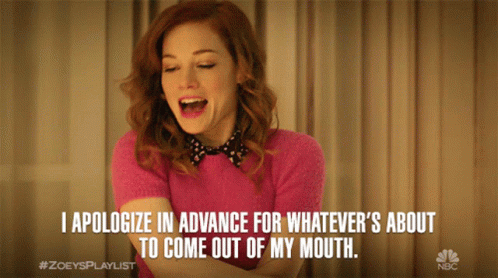
Are they just stubborn? Or is there something in their psychology that stops them from being able to take responsibility for their actions and simply say they’re sorry?
To be clear, even the most conscientious among us occasionally fails to apologize. When this happens, it’s usually for one of two reasons: (1) We don’t care enough about the other person or the relationship to take on the emotional discomfort of owning our mistake and apologizing for it; or (2) We believe our apology won’t matter.
For example, let’s say you snapped at a colleague who interrupted you while you were racing to meet a tight deadline. If you think the coworker already holds a grudge against you for an earlier incident, you may skip apologizing since you feel it really won’t help your relationship with them.
People who can’t apologize appear to be tough individuals who refuse to back down. But they don’t do this because they’re strong — it’s because they’re weak.
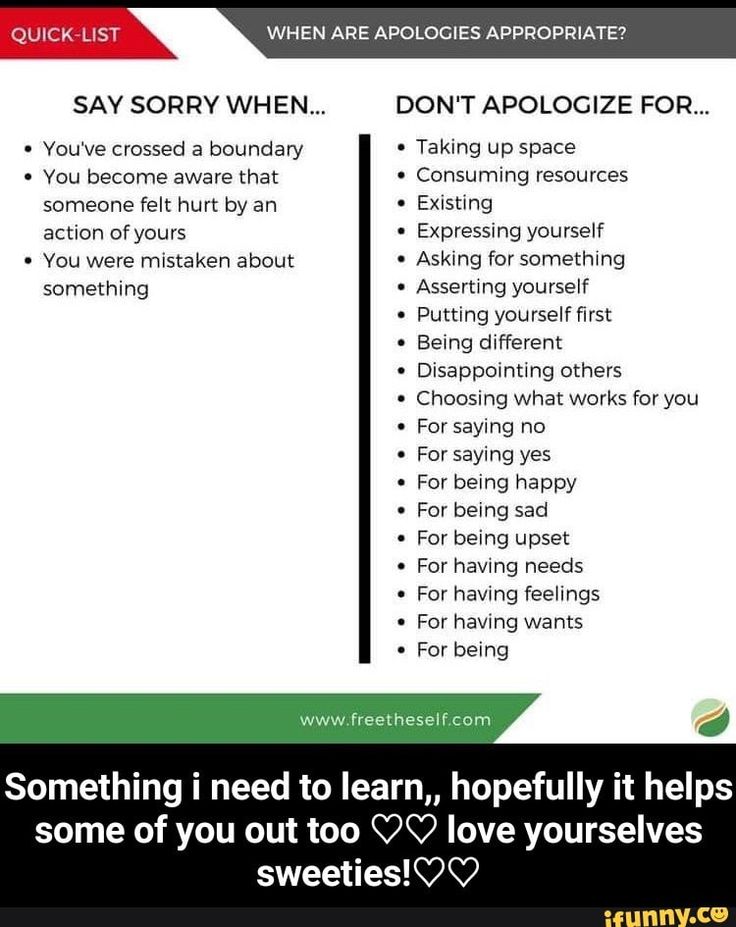
But what about the people who can never admit they’ve misstepped, no matter the circumstance? What makes them incapable of apologizing even when they’re obviously in the wrong? For these people, admitting wrongdoing and offering an apology is too psychologically threatening. Offering an apology implies that they’ve harmed another person in some way, which can elicit feelings of shame.
People who cannot apologize often have such deep feelings of low self-worth that their fragile egos cannot absorb the blow of admitting they were wrong. So their defense mechanisms kick in — at times, unconsciously — and they may externalize any blame and even dispute basic facts to ward off the threat of having to lower themselves by offering an apology. When they double down on their wrongness by blaming circumstances, denying the facts, or attacking the other person or people involved, non-apologizers can make themselves feel empowered rather than diminished.
Unfortunately, many of us mistakenly interpret these people’s fragility-driven defensiveness as a sign of psychological strength. That’s because outwardly they appear to be tough individuals who refuse to back down. But they don’t do this because they’re strong — it’s because they’re weak.
Psychologically speaking, admitting that we’re wrong is emotionally uncomfortable and painful to our sense of self. In order to take responsibility and apologize, our self-esteem needs to be strong enough for us to absorb that discomfort. Indeed, if our self-esteem is higher and stable, we can tolerate the temporary ding that such an admission involves — without the walls around our ego crumbling.
But if our self-esteem is seemingly high but actually fragile, that ding can pierce through our defensive walls and score a direct hit to our ego. Indeed, as a rule of psychological thumb, the more rigid one’s defense mechanisms are, the more fragile the ego they’re protecting.
The mistake we often make when faced with someone incapable of apologizing is to become irate and try to win our argument with them. But the sad reality is: We’ll never win.
The mistake we often make when faced with someone who’s habitually incapable of apologizing is to become irate (for good reason, of course) and try to win our argument with them (because we’re right!). But the sad and frustrating reality is we can never win. Even if we demonstrated that they were wrong in stark, inarguable facts, they will either deny those inarguable facts or pivot to a personal attack by saying something like “Why do you always make things difficult and unpleasant?!?”.
In these situations, the best we can do is to make our points as calmly and as convincingly as we can and then disengage from the argument when it becomes unproductive — like when they dispute the facts, come up with ridiculous excuses or pivot to petty remarks. Once they calm down and once they no longer feel attacked, we can then look for signs of contrition.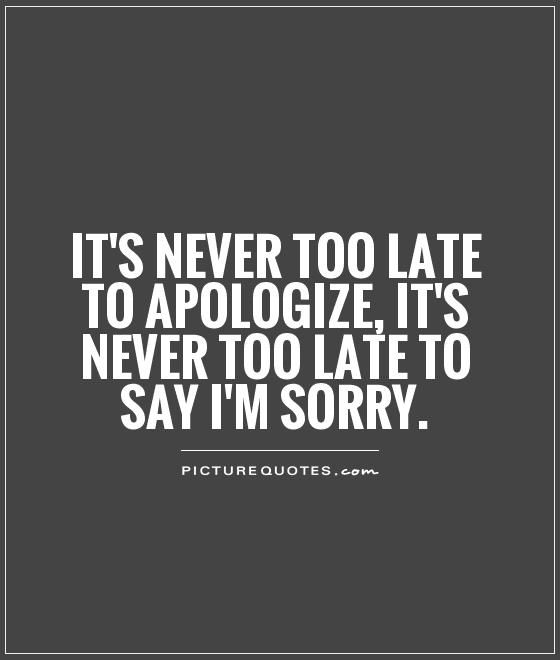 Are they extra kind or solicitous to us? This is their way of unconsciously trying to mend the relationship with us in ways that aren’t threatening to their sense of self. By going that extra mile in the aftermath of their misdoing, they can feel good about themselves rather than bad.
Are they extra kind or solicitous to us? This is their way of unconsciously trying to mend the relationship with us in ways that aren’t threatening to their sense of self. By going that extra mile in the aftermath of their misdoing, they can feel good about themselves rather than bad.
If the non-apologizer is a close connection, tap into your empathy and compassion. Remind yourself that beneath their stubborn exterior, they are incredibly vulnerable.
OK, so what can you do about the non-apologizers in your own life? Especially if they’re your family members, coworkers or friends? Well, if they are not people you interact with regularly, you can consider minimizing contact with them. But if they are close connections, you can try to make your peace with them.
The best way to do this is to accept their behavior — annoying as it is — and realize they’re simply psychologically incapable of apologizing. What’s more, they’re not going to change. Practicing acceptance can help you disengage from arguments with them and help you limit your feelings of frustration, anger and hurt.
Practicing acceptance can help you disengage from arguments with them and help you limit your feelings of frustration, anger and hurt.
Then, if the non-apologizer is a close connection of yours, you can also tap into your empathy and compassion. Remind yourself that beneath their stubborn-as-a-bull exterior, they are incredibly vulnerable.
The bottom line is this: We all have moments when we refuse to admit we’re wrong. But when someone never takes responsibility and is habitually incapable of apologizing, it’s a sign that they’re a person with a fragile ego and a weak sense of self.
Got an interpersonal problem that you can’t figure out on your own? Psychologist Guy Winch answers readers’ questions about life, love, work and what matters most. Please send them to [email protected]; for his previous columns, go here.
Watch his talk on emotional first aid now:
"Ai Weiwei: Never Apologize" - the story of China's most famous contemporary artist and dissident
The documentary film "Ai Weiwei: Never Apologize" is released, in which China's most famous contemporary artist sends his homeland to hell, and his homeland in response hides far away the artist.
“So,” Ai Weiwei, a middle-aged full bearded man, begins his story, “we have about forty cats here, and only one of them knows how to open the door. The rest are waiting for someone to do it. But, if I had never met such a cat, I would not have known that cats can open doors. There are really a lot of cats, but since a Chinese dissident artist is on the screen, suspicion is inevitable: cats are not just cats, but a metaphor.
Perhaps the amazing cat is Ai Weiwei himself, who decided to slightly open the door of freedoms in China - first of all, freedom of information.
One of the first projects that glorified the artist was an action that looked not so much like contemporary art as a volunteer initiative. After the earthquake in Sichuan, Ai Weiwei was outraged that the authorities hushed up the number of children whose lives were cut short while in schools, and organized the collection and counting of the names of young victims. This action contained both the question of the quality of the construction of public schools, under the rubble of which thousands of schoolchildren were buried, and the ritual of preserving the memory of the dead.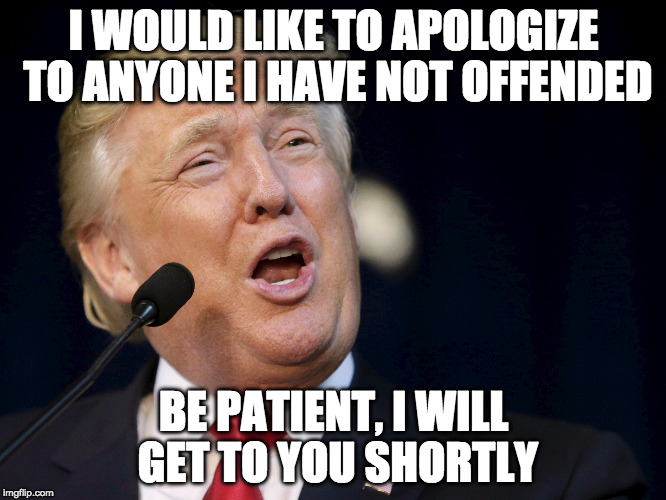
Earlier, Ai Weiwei criticized the 2008 Olympic Games in Beijing. The scandal of the situation was that initially he was involved in their organization as a co-author of the "bird's nest" - the main sports arena built in the capital on this occasion. Then the artist was outraged by the actions of the Communist Party, which cleaned the city from unreliable and unseemly, from its point of view, elements before the Games. Labor migrants were expelled from the city en masse, which reminds of Moscow 1980th: she was "put in order" by similar methods.
In general, we have before us a political activist rather than just an artist.
It is understandable: just to see Ai Weiwei as an artist, his mother would like to, who motherly worries about the fate of her son - no matter how he ends up in prison for his activity, or even worse can happen. But activism is in my son's blood. The same freedom-loving cat was his father, a poet and communist revolutionary, who first sat in the dungeons of the Chiang Kai-shek regime, and then was exiled by his native Communist Party for 19years in a remote province for "labor re-education".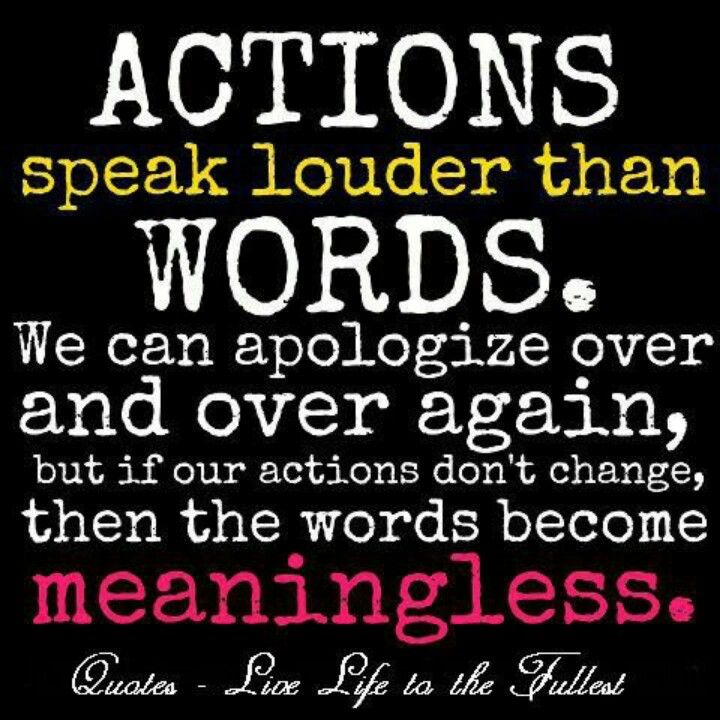 Together with family. He was also lucky that he was a popular poet.
Together with family. He was also lucky that he was a popular poet.
It can be seen that the artist Ai Weiwei, who exhibits in the West stools knocked together in the coat of arms, beats ancient Chinese vases and strews the floor of the Tate Modern in London with seeds, is not very interesting to director Alison Kleiman.
Even the famous series of photographs in which the hero shows the middle finger to the iconic objects of world capitals, starting with the Beijing Imperial Palace, is given very little screen time. A little more - no less famous phrase "Fuck you ... Motherland!"
All this, of course, is also not devoid of socio-political content, but direct struggle is more important.
And Ai Weiwei himself seems to give himself to her with great enthusiasm. He honestly admits that he hardly participates in the physical production of his art objects - he only generates ideas, which are then turned into artifacts by hired workers. But the physical presence of the artist in political life is more than tangible for him.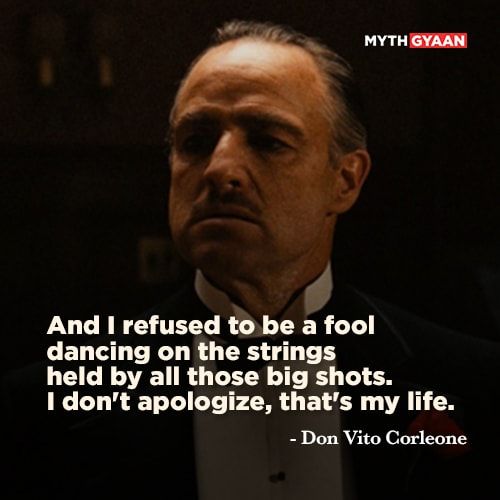 The freedom fighter is sent to testify in defense of one of the activists in the case of the consequences of that very earthquake, but in the night he gets hit on the head by one of the local policemen. Those showed up to his room and disrupted the presence at the court session.
The freedom fighter is sent to testify in defense of one of the activists in the case of the consequences of that very earthquake, but in the night he gets hit on the head by one of the local policemen. Those showed up to his room and disrupted the presence at the court session.
The injured head will soon be operated on in Munich and will become another piece of art. Exactly on her occasion, the motherland will be sent to hell.
The Motherland does not remain in debt and diligently (the script is painfully familiar to the Russian reader) confirms the worst guesses about itself. First, the newly built workshop of the disgraced artist is demolished. Then he himself disappears for almost three months. Twitter is bursting with the #freeaiweiwei tag, rallies are held around the world in support of the arrested (as it turns out later) truth-seeker, the inscription “Free Ai Weiwei” appears on the roof of the Tate Modern.
In fact, those who do not know the history of dissidence in China very well can get some idea of it and appreciate how familiar everything that is happening in a distant but close country seems. So much so that any comments seem superfluous. The hero of the film himself, by the way, was banned after his arrest. However, cats, which we somehow forgot about, never comment on anything, but among them there are still those who strive to open the door. Also cats - unlike people, according to Ai Weiwei - never close the door behind them. If this is still a metaphor, then, perhaps, so-so. But here they just show that actions are more important than metaphors.
So much so that any comments seem superfluous. The hero of the film himself, by the way, was banned after his arrest. However, cats, which we somehow forgot about, never comment on anything, but among them there are still those who strive to open the door. Also cats - unlike people, according to Ai Weiwei - never close the door behind them. If this is still a metaphor, then, perhaps, so-so. But here they just show that actions are more important than metaphors.
description, content, interesting facts and much more about the film
Film Ai Weiwei: Never Apologize
2012
1 hour 31 min.
16+
USA
Foreign
Documentary
Expand the trailer
Trailer
2012 9000
1 h. 31 min.
16+
USA
Foreign
Documentaries
Author's documentary film about the fate of the infamous opposition artist and his struggle for his art under strict censorship.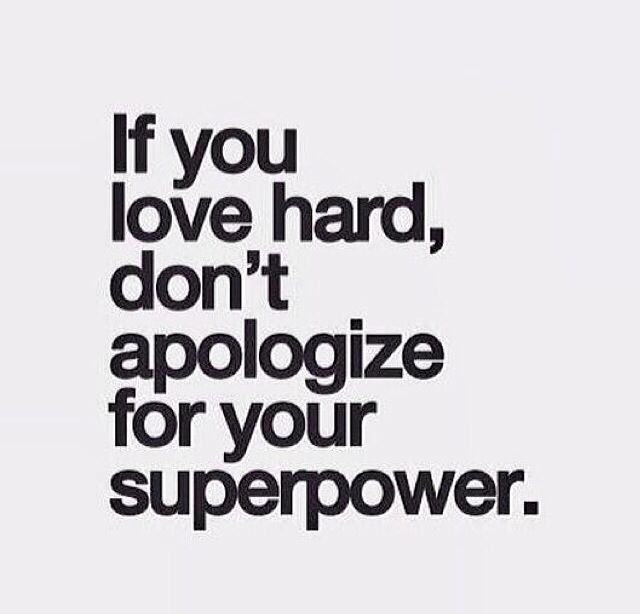 Alison Klyman's film is the life story of the famous Chinese artist Ai Weiwei. The artist himself agreed to play the title role, so the film is as biographical as possible. Ai Weiwei is a famous Chinese contemporary artist. He is famous and famous not only for his works in the field of art, but also for his oppositional behavior towards the Chinese authorities. In a country where censorship is still in effect, Ai Weiwei's works and speeches are a protest against the existing system. The authorities tried to influence Aya in various ways: they banned his blog, destroyed his personal studio, and even illegally imprisoned the artist himself. But for Aya, all this is not a reason to close his eyes to what is happening in the country, and he continues to seek the freedom of his art. If you want to know the price of freedom of expression, we recommend watching Ai Weiwei: Never Apologize online.
Alison Klyman's film is the life story of the famous Chinese artist Ai Weiwei. The artist himself agreed to play the title role, so the film is as biographical as possible. Ai Weiwei is a famous Chinese contemporary artist. He is famous and famous not only for his works in the field of art, but also for his oppositional behavior towards the Chinese authorities. In a country where censorship is still in effect, Ai Weiwei's works and speeches are a protest against the existing system. The authorities tried to influence Aya in various ways: they banned his blog, destroyed his personal studio, and even illegally imprisoned the artist himself. But for Aya, all this is not a reason to close his eyes to what is happening in the country, and he continues to seek the freedom of his art. If you want to know the price of freedom of expression, we recommend watching Ai Weiwei: Never Apologize online.
Rating Evie
Rate
2021, Russia, Documentaries
Quite different
2019, Russia, Biography
52 minutes
Vertinsky. Lone wanderer
Lone wanderer
2014, Kyrgyzstan, drama
131 minutes
Queen of the mountains (in the Kyrgyz language)
directory
1966, USSR, arthouse
Choosing
Andrey Rublev
, Russia
Legends of legends about Circle
2018, Russia, Documentary
123 minutes
The Sobchaka case
2022, Russia, Documentary
61 minutes
Chip inside me
2017, Russia, biography
Svetlana
2017-2019, Russia, documentary documentary
Country of Soviets. Forgotten leaders.
2018, Ukraine, Documentary
52 minutes
Absolute Champion
2013, Russia, Drama
Son of the Father of Nations
2021, Kazakhstan, Biography
Ahmet. The teacher of the nation (in the Kazakh language)
2018, Kazakhstan, drama
85 minutes
2020, Russia, drama
101 minutes
Gudbay, America
2022, Russia, fantasy
88 minutes
ORLEDEN ORLENE
2019, Russia, Family
103 minutes
Brownie
2022, Russia, Fantasy
Superposition
2022, Russia, Comedy
110 minutes
Young man
2018, Russia, Adventure
81 minutes
Three Heroes and the Heir to the Throne
2022, Russia, Documentary
TV series Ivi
Elbrus
The non -return point
2022, Russia, detectives
Aunt Tanya
Actors
2022, Russia, detectives
Conclusion
2022, comedies
104 minutes
Created with
Artek.